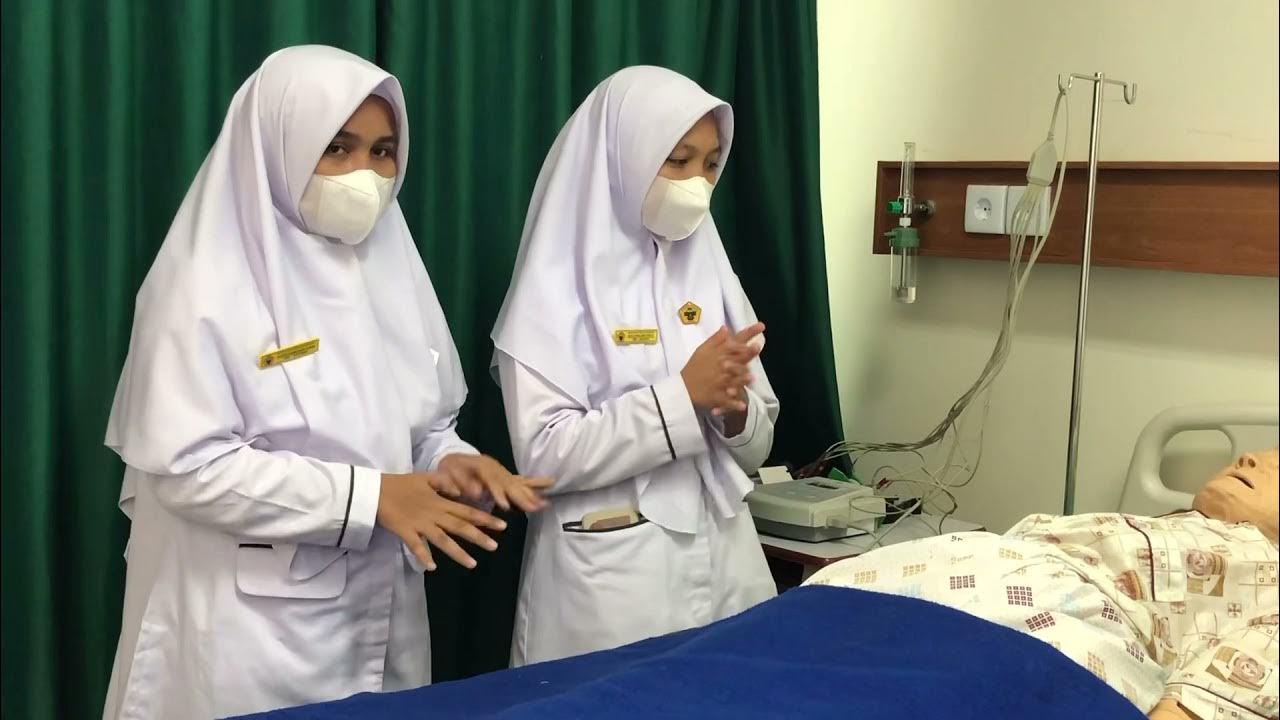Physical Examination of the Older Adult
Summary
TLDRThe presentation focuses on a comprehensive geriatric physical examination conducted in a specialized clinic. It emphasizes the importance of integrating various assessment components, including gait analysis, neurological checks, cardiovascular evaluations, and abdominal assessments. The speaker encourages healthcare professionals to reflect on their examination practices and optimize efficiency while maintaining thoroughness. Through detailed descriptions of each examination step, the presentation highlights high-yield maneuvers essential for diagnosing age-related conditions, ultimately advocating for a more effective approach to patient care in geriatric medicine.
Takeaways
- 🩺 Comprehensive geriatric assessments are crucial for evaluating elderly patients with issues like cognitive impairment and frailty.
- 👣 The physical examination should be efficient and integrated, avoiding unnecessary steps to reduce patient discomfort.
- 🧠 Neurological assessments should be included throughout the examination, focusing on strength, coordination, and sensory responses.
- 💓 Blood pressure should be taken in sitting and standing positions to identify orthostatic hypotension effectively.
- 🦾 Regularly assess the patient's gait and mobility to observe arm swing, stride length, and balance during turns.
- 🔍 The thyroid examination is essential for detecting nodules that may indicate underlying health issues.
- 🩹 The abdominal exam should include checking for aortic aneurysms and assessing kidney bruits.
- 🦵 Perform sensory testing, particularly in the feet, to identify conditions like diabetic neuropathy.
- 📋 Continuous reflection on examination techniques is encouraged to improve clinical practice and patient outcomes.
- ⏳ A comprehensive physical examination can typically be completed efficiently within a short timeframe, emphasizing its relevance in everyday practice.
Q & A
What is the main focus of the speaker's work?
-The speaker works at a specialized seniors clinic, conducting comprehensive geriatric assessments on patients with issues such as cognitive impairment, falls, and frailty.
Why does the speaker emphasize the physical examination?
-The speaker emphasizes the physical examination because it is a fundamental part of assessing patients, yet it is often overlooked in medical education and conferences.
What changes has the speaker made to their physical examination routine over the years?
-The speaker has evolved their examination routine by adding and dropping certain components, such as discontinuing fundoscopy after finding it unyielding.
What are some key elements included in the physical examination process?
-Key elements include walking assessment, neurological evaluations, cardiovascular checks, abdominal examinations, and sensory tests.
How does the speaker assess neurological function during the examination?
-Neurological function is assessed through strength tests, coordination tasks, and proprioception checks.
What is the importance of checking blood pressure in both sitting and standing positions?
-Checking blood pressure in both positions helps identify orthostatic hypotension, which can be particularly relevant in elderly patients.
What does the speaker say about the integration of various examinations?
-The speaker highlights the importance of integrating different examination components, such as neurological and musculoskeletal evaluations, to provide a comprehensive assessment.
What advice does the speaker give regarding the Romberg test in elderly patients?
-The speaker advises caution when performing the Romberg test on elderly patients, as many may have difficulty maintaining balance even with their eyes open.
How long does the speaker estimate the physical examination typically takes?
-The speaker estimates that the physical examination part of the assessment typically takes about ten minutes.
What does the speaker mention about cognitive assessments in relation to the physical exam?
-The speaker mentions that cognitive assessments, such as the MMSE or MoCA, are conducted separately but are integral to the overall geriatric assessment.
Outlines

Esta sección está disponible solo para usuarios con suscripción. Por favor, mejora tu plan para acceder a esta parte.
Mejorar ahoraMindmap

Esta sección está disponible solo para usuarios con suscripción. Por favor, mejora tu plan para acceder a esta parte.
Mejorar ahoraKeywords

Esta sección está disponible solo para usuarios con suscripción. Por favor, mejora tu plan para acceder a esta parte.
Mejorar ahoraHighlights

Esta sección está disponible solo para usuarios con suscripción. Por favor, mejora tu plan para acceder a esta parte.
Mejorar ahoraTranscripts

Esta sección está disponible solo para usuarios con suscripción. Por favor, mejora tu plan para acceder a esta parte.
Mejorar ahora5.0 / 5 (0 votes)






